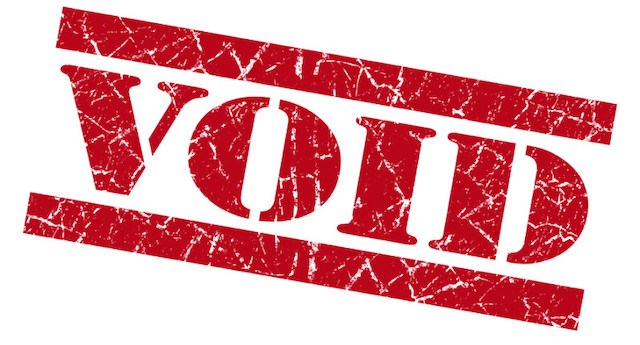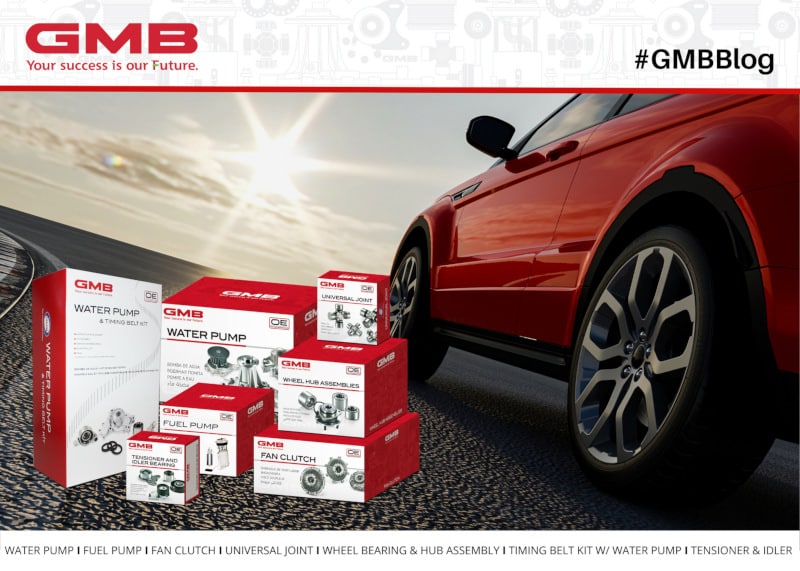5 Antifreeze Facts Every Tech Needs To Know
The purpose of coolant (which is a mixture of water and antifreeze) is to absorb the surplus heat from the engine and then disperse the heat into the air through the radiator. Coolant also keeps the metal components within the engine from rusting.
Coolant is the most important part of the cooling system. When there’s a coolant leak, or the wrong mixture is added to the car, the cooling system cannot function optimally. And this can lead to engine damage.
If you’re a technician who handles coolant, it can’t hurt to know the following five facts that will help you keep your customers” cooling systems in tip-top shape.
1. A Mixture of Water and Antifreeze Will Freeze at a Lower Temperature Than Pure Antifreeze

Obviously, it’s important for coolant to circulate through the engine. If just pure water were used as coolant, and the temperature fell below 32 degrees, the water would freeze and not circulate through the engine. That’s why antifreeze exists. When mixed with water, antifreeze drastically lowers the freezing point of coolant to about -35 degrees Fahrenheit.
Going by this logic, many people wonder why it’s even necessary to use water at all. If antifreeze is so successful in lowering the freezing point, why not just use pure antifreeze? The answer is a mixture of water and antifreeze will freeze at a lower temperature than pure antifreeze.
You’re probably thinking, “Well, can antifreeze freeze?” When a liquid freezes, its molecules get closer together and form crystals. Pure ethylene glycol (of which antifreeze is made) freezes at about 0 degrees Fahrenheit, lower than water’s freezing point. When antifreeze is mixed with water, both liquids will keep the other’s molecules spread apart so they cannot form a crystal at that temperature. A lower temperature is necessary to get more molecules close enough to crystallize. Basically, water and antifreeze is the perfect combination to lower the freezing point.
2. Filling a Cooling System With Pure Antifreeze Can Also Damage the Engine
Not only does pure antifreeze have a higher freezing temperature than coolant, but a couple of issues will also arise if you use only it in your cooling system:
- The engine gets more prone to overheating
- The engine loses anti-corrosion and other protective properties
Pure antifreeze lacks sufficient heat capacity to keep the engine cool. In fact, if you put pure antifreeze into the cooling system, the heat-transfer capabilities are lowered by 35%, and it could really damage on the engine, especially in hot weather.
Also, when water is mixed with the antifreeze, it keeps the performance additives (more specifically, silicates, phosphates, and nitrates) suspended in the mixture. Without water, the additives will settle to the bottom of the cooling system. When this happens, the additives won’t run through the cooling system as effectively and some parts may corrode as a result.
3. About 75% of the Antifreeze Sold in the US Annually is Used to Refill Leaking Cooling Systems

A common remedy for a coolant leak is to keep adding more coolant to the system. As long as there’s enough coolant in the cooling system, a leak shouldn’t cause any issues, right?
Not quite. While there will be enough coolant running through the system, a coolant leak still causes problems, such as engine corrosion and environmental damage. Plus, if you let too much time pass between coolant refills, the system will run low on coolant. This can, of course, lead to overheating and water pump failure. And, coolant leaks encourage the bad practice of adding tap water to the system.
As a technician, you may want to urge your customers to get their coolant leaks fixed as soon as possible instead of just “band-aiding” the issue with frequent coolant refills.
4. In Antifreeze, Distilled Water is Better than Tap Water
If you want optimum cooling, anti-corrosion, anti-scale, anti-boiling and anti-freezing protection, use distilled water. Tap water contains minerals which can form deposits in the radiator and cooling system passages. Distilled water contains almost no minerals. Distilled water is also better at transferring heat than tap water.
5. Some Car Manufacturers Will Void the Warranty if You Put in the Wrong Coolant

Not only will using the right coolant optimize the cooling system’s performance, but it will also ensure that the customer keeps their car warranty. The correct type of coolant is specified in the owner’s manual.
When a car is running on the wrong type of coolant, internal components of the cooling system may be damaged. Auto manufacturers choose the coolant used in the cooling system based on type of materials used in the engine. For example:
- Engines usually have either cast iron or aluminum blocks. Cast iron blocks need certain additives to minimize corrosion. Aluminum blocks do better with different additives.
- Radiators are now commonly aluminum, but some have plastic components. Some coolant additives are a plasticizers, which means that they will soften plastic. This will lead to failure of the part.
- Impellers can be made from steel, plastic, or aluminum.
When some types of coolant are mixed together, sludge will form. Mixing other types together can actually accelerate corrosion. The list of potential problems goes on an on. The main point is that the OEM recommended coolant is the one you should use. Second guessing their recommendation can cause expensive problems down the road.
Feel free to reach out to us if you have any questions about any of the five facts listed above.
MORE CONTENT
Stay current!
Sign up here to get the latest news
and updates on all things GMB.
Sign Up To Receive GMB News & Updates!

